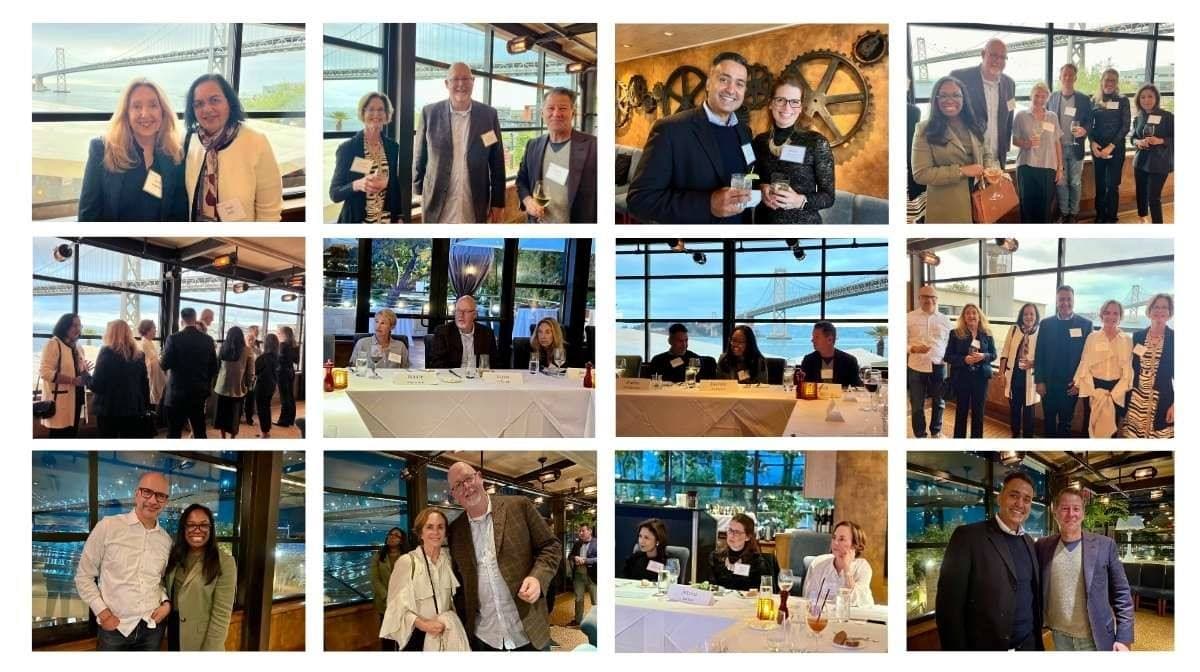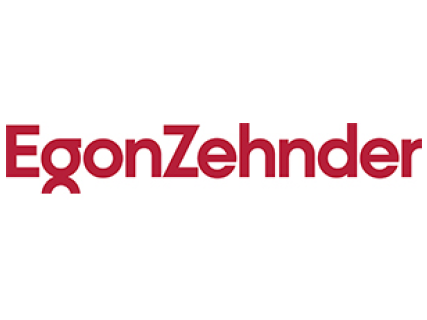Boardroom Innovation –
Competitive Advantage through Disruption
Archive

NACD Northern California
Contact Us
Lisa Spivey,
Executive Director
Kate Azima,
Director of Partnerships & Marketing
programs@northerncalifornia.nacdonline.org
Find a Chapter
About The Event
NACD Northern California brought together directors for an intimate dinner discussion on methods to retain a competitive advantage in an environment of constant innovation. Guided by Jessica Larson, Logan McDougal, and Harshad A. Sardesai, the conversation explored how effective governance can foster innovation, facilitate an outward focus, strengthen internal culture and strategy, and anticipate shifts in customers, competitors, and global markets.
KEY TAKEAWAYS
Boardroom Disruption
- Boards are being disrupted in how they organize, run meetings, and compose committees.
- Boards must also change how they handle new technologies and geopolitical issues while ensuring stakeholders are happy.
- Traditional boards that resist change will be forced to adapt.
Artificial Intelligence
- AI is reshaping industries at speed and scale, forcing boards to confront fundamental change now while also preparing for the technologies beyond AI.
- AI cannot sit in a silo; management must embed it into core strategy and operations.
- The risk of standing still while competitors advance is both a brand and competitiveness issue.
- Legacy industries face hard choices on how far and fast to adopt AI as well as what level of risk is acceptable.
- Boards must balance efficiencies (automation, personalization, data-driven insights) with risks (accuracy, ethics, workforce impact).
Governance & Innovation
- Boards may require new structures—innovation committees, crisis simulations, or external assessments—to stay ahead of disruption.
- Board culture shapes openness to learning. Directors must move beyond presentations to full immersion, including site visits, chief-technology-officer-led exercises, and direct use of AI tools.
- Staying externally focused on customers and competitors is essential for strategy oversight.
Generational Shifts & Composition
- Boards must blend generational perspectives with legacy knowledge to avoid stagnation.
- Skills matrixes, third-party board reviews, and strong succession planning are critical to maintaining effectiveness.
- Adding specialists to the board provides needed expertise but risks increasing board size, so balance is key.
- Healthy debate and constructive conflict drive high performance when paired with respect and unity once decisions are made.
Future Workforce & Society
- AI will reshape jobs—eliminating some, creating others, and requiring large-scale reskilling.
- Even successful companies are downsizing before reinvesting in the workforce; boards must ensure clear reinvestment and reskilling strategies.
- Continuous learning and structured change management must be embedded in workforce planning.
- Boards must balance competitiveness with societal responsibility as AI disrupts livelihoods.
Geopolitics & Global Competition
- Tariffs, trade policy, and geopolitical volatility are major disruptors requiring scenario planning for some boards.
- Investors expect thoughtful, long-term responses, but often creates knee-jerk reactions from boards, so directors need to think long-term.
- Boards must stay globally competitive, externally focused, and prepared for shifting dynamics in trade and regulation.
Questions for the Board & Management
- How is our board rethinking its structure, culture, and composition to remain effective in an era of disruption?
- Is management embedding AI into the company’s overall strategy, and how do we balance efficiency gains with ethical and workforce considerations?
- Do we have the right governance structures and board culture in place to foster innovation, continuous learning, and constructive challenge?
- What is our plan for workforce reskilling and reinvestment as AI reshapes jobs, and how do we balance competitiveness with societal impact?
- How are we incorporating geopolitical volatility and global competition into long-term strategy and scenario planning, rather than reacting in the short term?
Thank you to our partner.
NACD Northern California
Contact Us
Lisa Spivey,
Executive Director
Kate Azima,
Director of Partnerships & Marketing
programs@northerncalifornia.nacdonline.org
Find a Chapter
By registering for an NACD or NACD Chapter Network event, you agree to the following Code of Conduct.
| NACD and the NACD Chapter Network organizations (NACD) are non-partisan, nonprofit organizations dedicated to providing directors with the opportunity to discuss timely governance oversight practices. The views of the speakers and audience are their own and do not necessarily reflect the views of NACD. |



